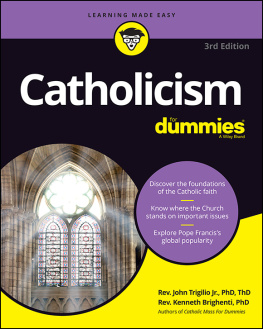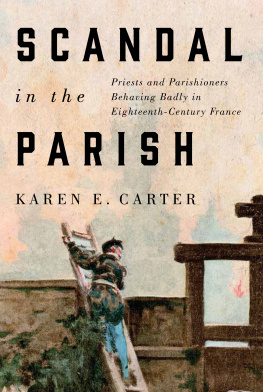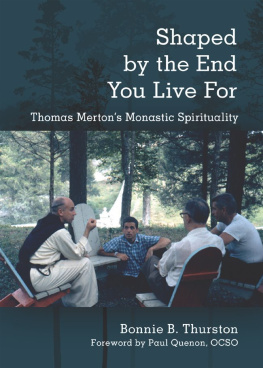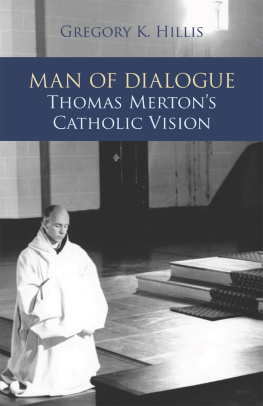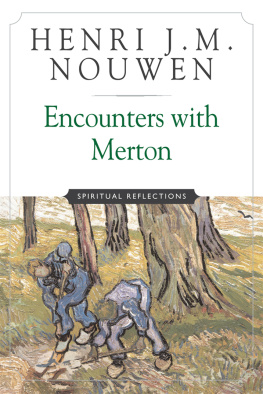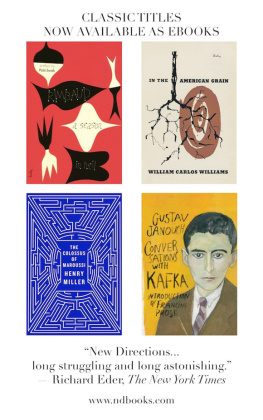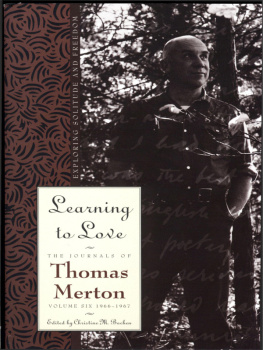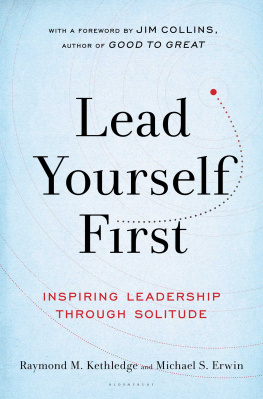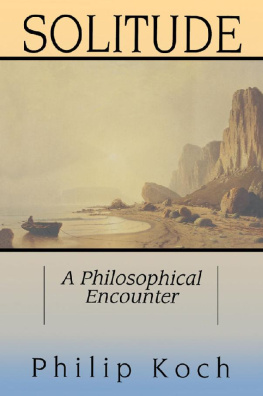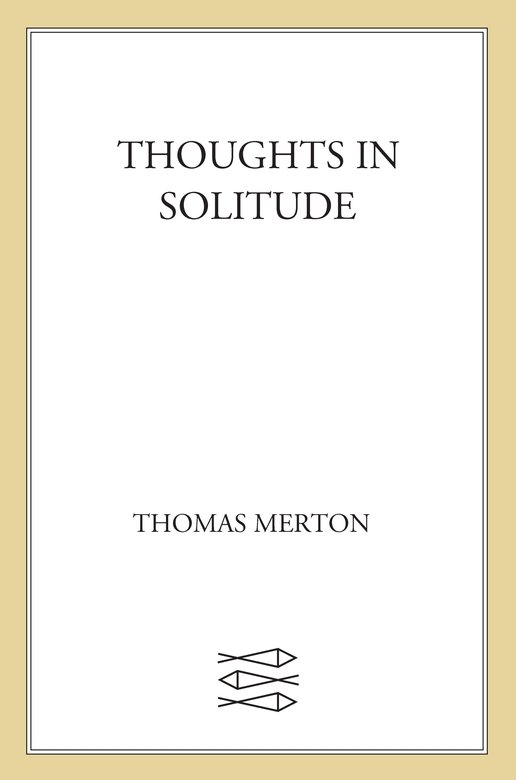T here is no greater disaster in the spiritual life than to be immersed in unreality, for life is maintained and nourished in us by our vital relation with realities outside and above us. When our life feeds on unreality, it must starve. It must therefore die. There is no greater misery than to mistake this fruitless death for the true, fruitful and sacrificial death by which we enter into life.
The death by which we enter into life is not an escape from reality but a complete gift of ourselves which involves a total commitment to reality. It begins by renouncing the illusory reality which created things acquire when they are seen only in their relation to our own selfish interests.
Before we can see that created things (especially material) are unreal, we must see clearly that they are real.
For the unreality of material things is only relative to the greater reality of spiritual things.
We begin our renouncement of creatures by standing back from them and looking at them as they are in themselves. In so doing we penetrate their reality, their actuality, their truth, which cannot be discovered until we get them outside ourselves and stand back so that they are seen in perspective. We cannot see things in perspective until we cease to hug them to our own bosom. When we let go of them we begin to appreciate them as they really are. Only then can we begin to see God in them. Not until we find Him in them, can we start on the road of dark contemplation at whose end we shall be able to find them in Him.
T he Desert Fathers believed that the wilderness had been created as supremely valuable in theeyes of God precisely because it had no value to men. The wasteland was the land that could never be wasted by men because it offered them nothing. There was nothing to attract them. There was nothing to exploit. The desert was the region in which the Chosen People had wandered for forty years, cared for by God alone. They could have reached the Promised Land in a few months if they had travelled directly to it. Gods plan was that they should learn to love Him in the wilderness and that they should always look back upon the time in the desert as the idyllic time of their life with Him alone.
The desert was created simply to be itself, not to be transformed by men into something else. So too the mountain and the sea. The desert is therefore the logical dwelling place for the man who seeks to be nothing but himselfthat is to say, a creature solitary and poor and dependent upon no one but God, with no great project standing between himself and his Creator.
This is, at least, the theory. But there is anotherfactor that enters in. First, the desert is the country of madness. Second, it is the refuge of the devil, thrown out into the wilderness of upper Egypt to wander in dry places. Thirst drives man mad, and the devil himself is mad with a kind of thirst for his own lost excellencelost because he has immured himself in it and closed out everything else.
So the man who wanders into the desert to be himself must take care that he does not go mad and become the servant of the one who dwells there in a sterile paradise of emptiness and rage.
Yet look at the deserts today. What are they? The birthplace of a new and terrible creation, the testing-ground of the power by which man seeks to un-create what God has blessed. Today, in the century of mans greatest technological achievement, the wilderness at last comes into its own. Man no longer needs God, and he can live in the desert on his own resources. He can build there his fantastic, protected cities of withdrawal and experimentation and vice. The glitteringtowns that spring up overnight in the desert are no longer images of the City of God, coming down from heaven to enlighten the world with the vision of peace. They are not even replicas of the great tower of Babel that once rose up in the desert of Senaar, that man might make his name famous and reach even unto heaven (Genesis 11:4). They are brilliant and sordid smiles of the devil upon the face of the wilderness, cities of secrecy where each man spies on his brother, cities through whose veins money runs like artificial blood, and from whose womb will come the last and greatest instrument of destruction.
Can we watch the growth of these cities and not do something to purify our own hearts? When man and his money and machines move out into the desert, and dwell there, not fighting the devil as Christ did, but believing in his promises of power and wealth, and adoring his angelic wisdom, then the desert itself moves everywhere. Everywhere is desert. Everywhere is solitude in which man must do penance andfight the adversary and purify his own heart in the grace of God.
T he desert is the home of despair. And despair, now, is everywhere. Let us not think that our interior solitude consists in the acceptance of defeat. We cannot escape anything by consenting tacitly to be defeated. Despair is an abyss without bottom. Do not think to close it by consenting to it and trying to forget you have consented.
This, then, is our desert: to live facing despair, but not to consent. To trample it down under hope in the Cross. To wage war against despair unceasingly. That war is our wilderness. If we wage it courageously, we will find Christ at our side. If we cannot face it, we will never find Him.
T emperament does not predestine one man to sanctity and another to reprobation. All temperaments can serve as the material for ruin or for salvation. We must learn to see that our temperament is a gift of God, a talent with which we must trade until He comes. It does not matter how poor or how difficult a temperament we may be endowed with. If we make good use of what we have, if we make it serve our good desires, we can do better than another who merely serves his temperament instead of making it serve him.
St. Thomas says [I-II, Q.34,a.4] that a man is good when his will takes joy in what is good, evil when his will takes joy in what is evil. Heis virtuous when he finds happiness in a virtuous life, sinful when he takes pleasure in a sinful life. Hence the things that we love tell us what we are.
A man is known, then, by his end. He is also known by his beginning. And if you wish to know him as he is at any given moment, find how far he is from his beginning and how near to his end. Hence, too, the man who sins in spite of himself but does not love his sin, is not a sinner in the full sense of the word.
The good man comes from God and returns to Him. He starts with the gift of being and with the capacities God has given him. He reaches the age of reason and begins to make choices. The character of his choices is already to a great extent influenced by what has happened to him in the first years of his life, and by the temperament with which he is born. It will continue to be influenced by the actions of others around him, by the events of the world in which he lives, by the character of his society. Nevertheless it remains fundamentally free.




